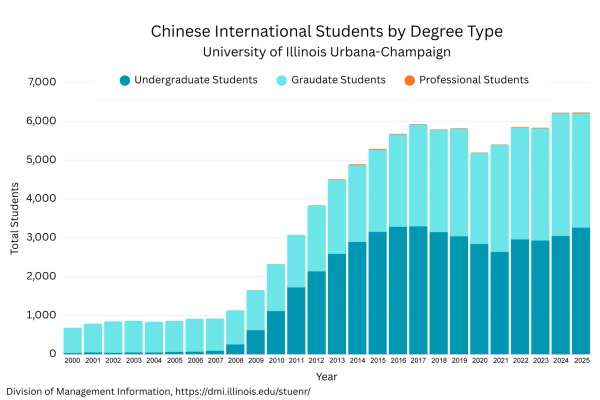Get off my gluten-free

Apr 29, 2015
Ever since we were children, our diets have been, in large part, controlled by others. Growing up, most of us were told by influential adults to “eat our vegetables,” “finish our plates” and “leave some Nutella for the rest of us” (my mom).
With the exception of that last one (because I will never outgrow Nutella), we cease to hear most of these comments about our eating habits by the time we finish high school.
So you can imagine how annoyed I was last week when, as a 21-year-old, my enjoyment of a gluten-free cake was disrupted by the comment, “Oh you shouldn’t be gluten-free.”
And this is not an isolated incident. Many people on gluten-free diets are exposed to a slew of derisive remarks and eye rolls made by people who falsely presume we are gluten-free because it’s a “fashionable trend.”
Unless one is engaging in really dangerous behavior, dietary habits are clearly a personal choice. Thus, people should avoid being overly judgmental about what dietary choices others make.
Get The Daily Illini in your inbox!
For those who may not know, gluten is a protein found mainly in wheat that has been medically proven to cause adverse reactions when consumed by individuals with celiac disease. The test for celiac disease is a blood test and the treatment for it is a gluten-free diet.
Even though celiac disease is estimated to affect 1 percent of the population, about 30 percent of adults in America are cutting back on their gluten intake due to sensitivities, allergies and other health concerns. The issue of a gluten-free diet has been subject to heated controversy, as many deem it a fad diet for most of the population.
I’ll have to admit that I understand why people have the misconception that it is just a diet craze. As shown in a segment done by Jimmy Kimmel, most people don’t know what gluten is, let alone what constitutes having a sensitivity or intolerance.
It’s probably true that this unfamiliarity exists among some of that 30 percent in America trying to cut back, as well. But not everyone who commits to eliminating a significant portion of foods from their diet is doing it because it’s trendy.
This is not to trivialize celiac disease in any way; it is a very serious condition that can mean life or death for those affected by it. But due to the stigma that surrounds going gluten-free, even those with a diagnosis feel the blunt end of the doubts and snide remarks made by individuals who think their ability to digest wheat makes them experts. In reality, there are plenty of studies supporting the relief even people without celiac disease feel when avoiding wheat.
A double-blind, randomized, placebo-controlled study conducted by the Monash University Department of Medicine and Gastroenterology showed results in support of the existence of wheat sensitivities in people without celiac disease.
Additionally, follow-up studies have found other dietary contributors to the effects of gluten sensitivities, such as sugars called FODMAPS found in glutinous wheat products and other foods. These studies show that just because there isn’t a definitive blood test for gluten sensitivities like there is for celiac disease, it doesn’t mean that other people don’t find legitimate health benefits from avoiding wheat.
The fact that some have no problems eating gluten does not mean they know what is best for me, my health or my comfort more than I do. I am sure others would be annoyed if, upon seeing someone eating a slice of bread, I began preaching about gluten-free diets.
I don’t advocate for avoiding wheat. I have simply found that following a gluten-free diet has helped improve my digestive health, avoid headaches and feel less fatigued, among other positive health benefits.
Despite the relief I and millions have felt after changing our eating habits, people still jump to the conclusion that all of us are just hipsters on bandwagons or are all somehow delusional enough to systematically exclude an entire group of foods for no apparent reason.
Whether someone has a sensitivity, celiac disease, Crohn’s disease, Colitis or any other reason to avoid wheat, it’s a personal matter. I and many who are gluten-free have to constantly deal with misinformed individuals who don’t take us seriously.
To those who have passed judgment on people who avoid gluten: try and recognize that not all of us are on a bandwagon.
Additionally, we are well beyond the point in our lives where we should nitpick about what is and isn’t on someone else’s plate. After all, we are grown-ups for crying out loud.
Stephanie is a junior in LAS.





